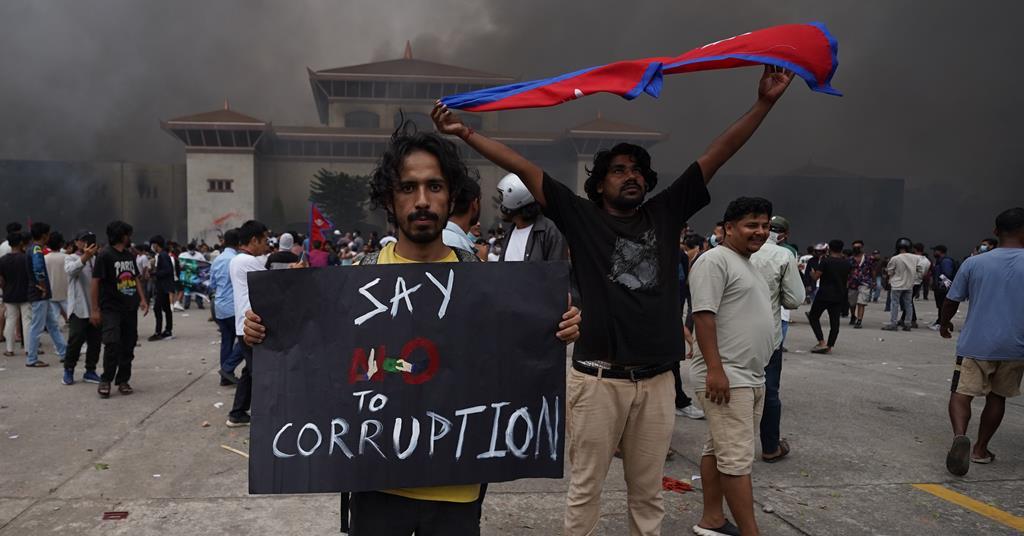The article discusses Nepal’s current political turmoil following a youth-driven uprising against the government, sparked by a social media ban and broader discontent over corruption and lack of opportunities. The protests led to the resignation of former Prime Minister KP Sharma Oli and resulted in the tragic loss of 74 lives.
Nepal, strategically located between India and China, has a history of striving for independence, especially against rising Hindu nationalism from India. Many Christians in Nepal fear that a potential restoration of the monarchy and a push for a Hindu Rashtra (Hindu nation) could threaten their religious freedom and safety, given past restrictions on Christianity under the monarchy.
Despite these challenges, there is cautious optimism with the election of Sushila Karki as Nepal’s first female Prime Minister, appointed by protesters through social media. Karki, known for her integrity, is tasked with guiding the country towards elections in 2026.
The article highlights a generational shift among Nepal’s youth, particularly Gen Z, who are favoring secular governance and rejecting extreme nationalist ideologies. As elections approach, Christians in Nepal hope for a leader committed to inclusivity and the maintenance of secular ideals, emphasizing unity and progress in the wake of recent protests.



